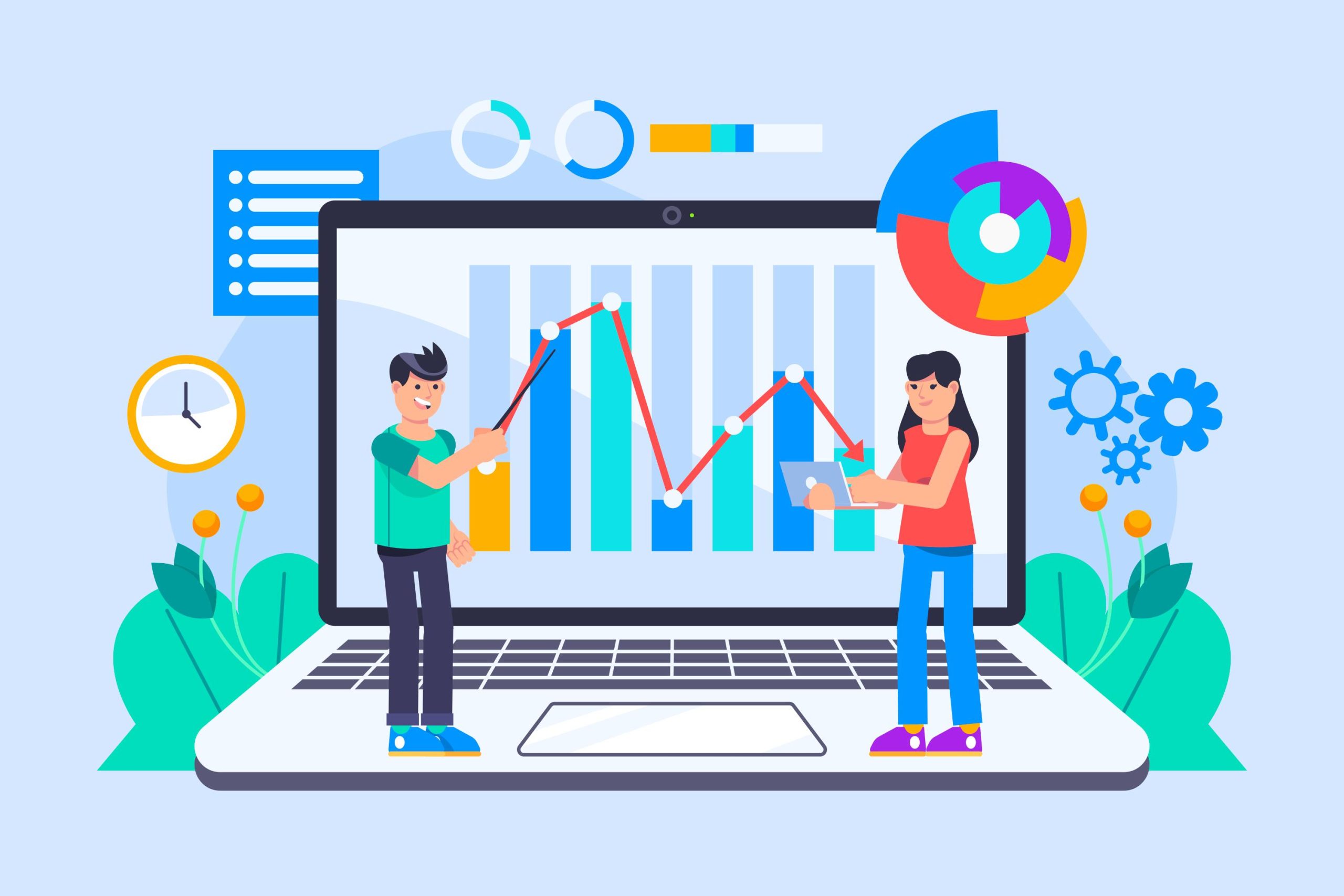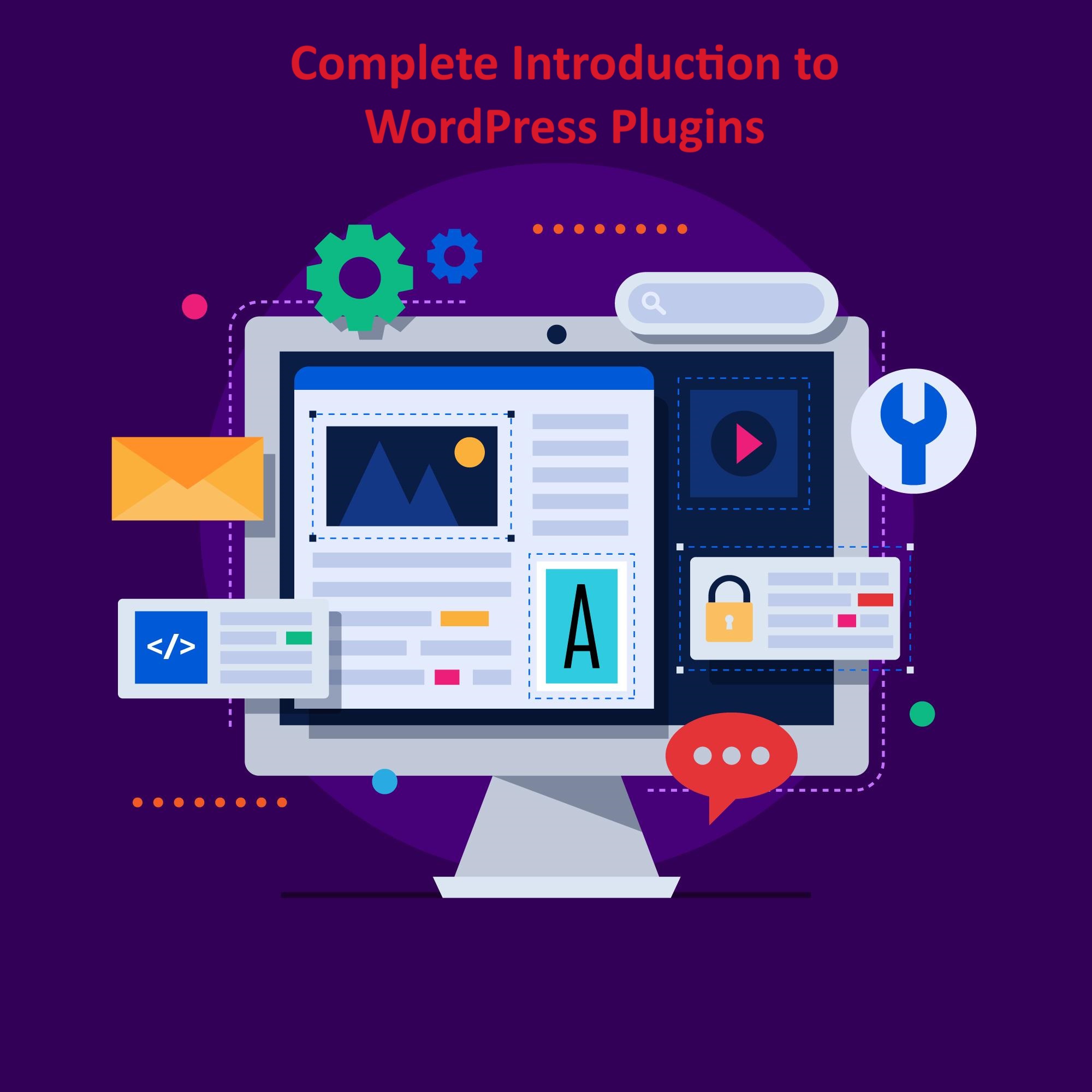Enhancing your website’s performance is critical for ensuring a seamless user experience, improving SEO rankings, and maximizing overall efficiency.
cPanel, a popular web hosting control panel, offers a range of tools and settings that can significantly optimize your website.
Optimizing your website’s performance is crucial for improving user experience, SEO rankings, and overall site efficiency.
Table of Contents
cPanel offers a variety of tools and settings that can help you achieve optimal performance. Here are some essential cPanel optimization tips:
1. Optimize Website‘s performance
cPanel’s “Optimize Website” tool is designed to enhance the performance of your website by enabling Gzip compression, which reduces the size of your web files like HTML, CSS, and JavaScript, making them faster to load.
Using the “Optimize Website” Tool:
- Access Tool: In the cPanel dashboard, navigate to the “Software” section and click on “Optimize Website”.
- Enable Compression: Select “Compress All Content” to enable Gzip compression, which reduces the size of your HTML, CSS, and JavaScript files.
- Save Settings: Click “Update Settings” to apply the changes.
Benefits:
- Reduces file sizes, which decreases page load times.
- Enhances user experience by delivering content faster.
2. Use Caching
Caching is a powerful way to improve website speed by storing static versions of your pages. For WordPress, plugins like W3 Total Cache or WP Super Cache can be installed and configured easily.
Install and Configure Caching Plugins:
- WordPress: Use caching plugins like W3 Total Cache or WP Super Cache to store static versions of your pages, reducing server load and improving load times.
- Joomla/Drupal: Similar caching extensions are available for other CMS platforms.
Benefits:
- Reduces server load by serving cached pages.
- Improves load times significantly.
3. Manage PHP Settings
Updating your PHP version and optimizing PHP settings can have a significant impact on your website’s performance.
Adjust PHP Settings for Performance:
- PHP Selector: In the “Software” section, click on “Select PHP Version” to choose a higher version of PHP, which often provides better performance.
- PHP Options: Adjust settings like memory_limit, upload_max_filesize, and post_max_size to ensure your website runs smoothly.
Benefits:
- Higher PHP versions often offer better performance and security.
- Optimized PHP settings can prevent server overloads and improve execution times.
4. Manage Databases Efficiently
Efficient database management is crucial for maintaining optimal website performance. Using phpMyAdmin in cPanel, you can optimize your databases regularly.
Optimize Databases:
- phpMyAdmin: In the “Databases” section, click on “phpMyAdmin”, select your database, and use the “Optimize Table” feature to reduce overhead and improve performance.
- Database Caching: Implement database caching solutions like Redis or Memcached to speed up database queries.
Benefits:
- Reduces overhead and speeds up database queries.
- Enhances overall website performance.
5. Monitor Resource Usage
Monitoring your website’s resource usage helps identify potential bottlenecks and areas that need optimization.
Resource Usage Monitoring:
- CPU and Concurrent Connection Usage: In the “Metrics” section, check the “CPU and Concurrent Connection Usage” to monitor and manage your server resources.
- Awstats/Webalizer: Use tools like Awstats and Webalizer in the “Metrics” section to analyze traffic and usage patterns, helping you identify areas that need optimization.
Benefits:
- Helps in identifying and mitigating website’s performance issues.
- Ensures that your website remains within resource limits.
6. Optimize Images
Large image files can significantly slow down your website. Optimizing images before uploading them can improve load times.
Image Optimization:
- Manual Optimization: Use tools like TinyPNG or JPEGoptim to reduce image sizes before uploading them to your website.
- Automatic Optimization: Install plugins like Smush for WordPress, which automatically compresses and optimizes images.
Benefits:
- Reduces the size of image files without compromising quality.
- Improves page load speed.
Conclusion
By leveraging the tools and settings in cPanel, you can significantly boost your website’s performance.
Regularly optimizing your website ensures faster load times, better user experience, and improved search engine rankings.
Implement these tips and monitor your website’s performance to keep it running at its best.




